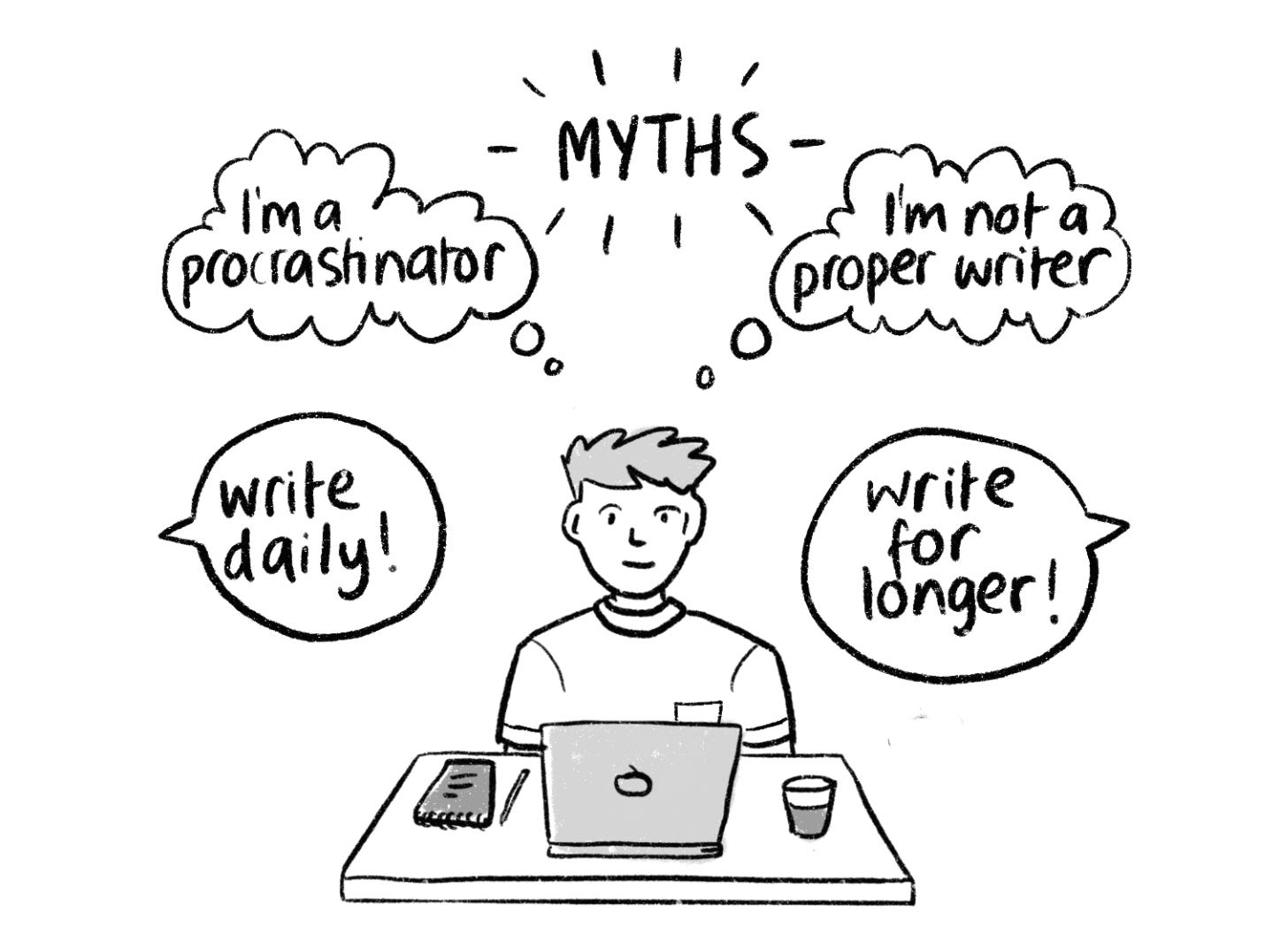I have always believed I’m bad at maths. Presumably to foster a sense of competition in 13 year-old me, I was put in a very low maths set at school. But this had the reverse effect.
In our book, we write about the early experiences of Carol Dweck. Now professor of psychology at Stanford, she recounts in Mindset how she had a negative, self-critical view of herself ‘stamped into’ her a child. Her teacher, Mrs Wilson, seated the classroom in order of IQ. The kids deemed to have low IQ were denied the tiniest of privileges while the kids who scored highly in IQ tests were given all the perks. Low IQ kids were seated at the back of the room, high IQ at the front. No teacher of the year prize for Mrs Wilson I hope.
When you think any aspect of yourself is fixed, like me thinking I’m bad at maths, the human response is to stop trying (which I did), avoid doing it (which I still do) and focus on your strengths instead (for me, words).
I’m sharing this because many people come to us with fixed beliefs about their writing. Beliefs like these:
I can never finish because I’m always getting distracted
It takes 21 days to build a writing habit
Producing anything of quality is only possible in long chunks of time
Daily writing is the only way I can get the writing done
I’m always getting distracted – it’s just how I’m made
The point about these beliefs – or as we call them, ‘myths’ – isn’t that they’re true or false, right or wrong. Rather, that having them has the potential to affect our action and so, shape our reality.
For example, if you believe you’re the kind of person who procrastinates then you tend to focus on all the times you’ve procrastinated over your writing rather than all the times that you haven’t – re-enforcing that negative opinion of yourself over time.
I’m not suggesting there’s a quick and easy solution here. Like my complicated number phobia, many of the myths we have built up about ourselves and our writing are multilayered and have become entrenched over time.
The first step towards dispelling them if they’re not working for you is to see them as just that: myths. Things we believe but aren’t necessarily true. The next step is to try some new approaches, notice what works and what doesn’t and experiment with an open mind.
We’re talking writing myths and rule breaking with the phenomenon that is Cathy Rentzenbrink for the next in our series of Written Conversations online events. The author of five books, Cathy is a memoirist, novelist and one of the most celebrated writing tutors working today.
The event takes place on March 15th at 18.00 GMT – sign up for free here.
Thanks for reading, keep writing!
Chris
PS. Every month until the end of the year we’re diving deep into a chapter of the book. This month we’re on chapter one, Break the Rules: Because they were written for someone else. Last month we looked at why productivity is personal with Bec. If you missed our online event, you can read more and watch the recording here.
Some links to share
➡️ Want a discounted place on April’s 4 Week Writing RESET coaching programme? You have until Monday 13th of March to pop your name on the waiting list. Places are limited and will only be offered full price after that time.
➡️ Snow allowing, Bec is heading up to Glasgow this Saturday to present at the Upfront and Centre conference. She’ll be talking about writing confidence and running a workshop while she’s there.
➡️ We’re really looking forward to talking to our Australian friends at The Research Whisperer on Tuesday 14 March about how to feel good about your writing.
➡️ Bec is supporting memoirists on the Mslexia Memoir Writing School in week of 20 March. Find out more here.
Image © Graphic Change from #WrittenTheBook







